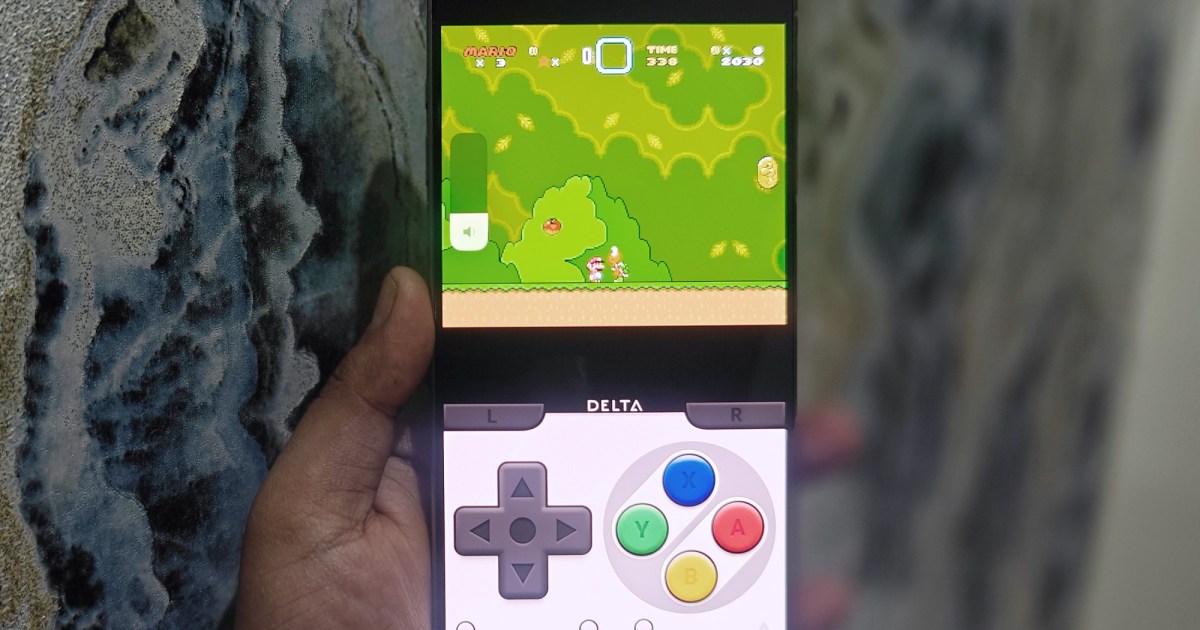The Digital Millennium Copyright Act (DMCA) will not grant an exemption for video games in terms of preservation, the U.S. Copyright Office announced last week, showing that we still have a long way to go in helping people to experience classic titles that might not be available to play anywhere.
The Software Preservation Network, along with the Video Game History Foundation, filed a petition to expand DMCA exemptions for software like video games. This specific effort was to provide an easier way to access games through remote means that might otherwise be protected under the DMCA for the purposes of research and other academic purposes.
The U.S. Copyright Office and even the Library of Congress have made comments in the past about the importance of games preservation, but the Office was concerned that proposed guidelines involving who can access retro and emulated games used for academic or research purposes could still harm the market. This, in turn, doesn’t make any moves to stop problems with copyright strikes and takedowns that plague retro game enthusiasts and preservationists.
“While the Register appreciates that proponents have suggested broad safeguards that could deter recreational uses of video games in some cases, she believes that such requirements are not specific enough to conclude that they would prevent market harms,” the decision read. Other factors in the ruling include inconsistencies in documentation and testimony from parties involved, along with recent remasters, remakes, and other releases that can bring the games to modern audiences.
In a statement posted Friday, Video Game History Foundation library director Phil Salvador writes that the organization is disappointed in the decision, and that its efforts, along with those of other organizations, have been hampered by lobbying groups like the Entertainment Software Association (ESA).
“Unfortunately, lobbying efforts by rightsholder groups continue to hold back progress. During our hearing with the Copyright Office, the [ESA] declared that they would never support remote game access for research purposes under any conditions,” Salvador writes. “The game industry’s absolutist position… forces researchers to explore extra-legal methods to access the vast majority of out-of-print video games that are otherwise unavailable.”
The foundation released a report last year that found 87% of classic games (or titles that are normally available on abandoned, neglected, or inactive platforms) were not available to play or access by typical means. The number of games that are considered “critically endangered” in the study has increased with the shutdown of the Wii U and 3DS eShops and the Xbox 360 store in 2023.
Read the full article here














